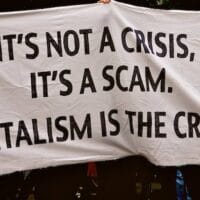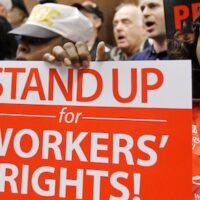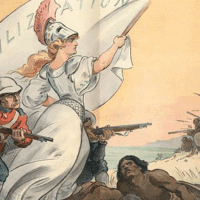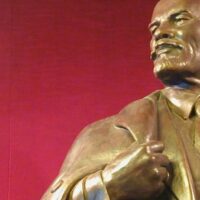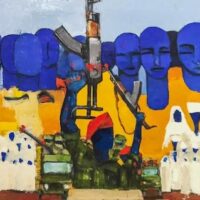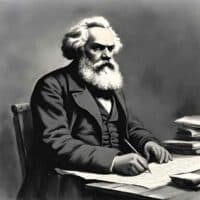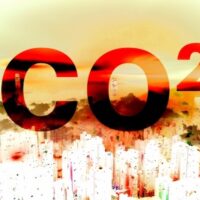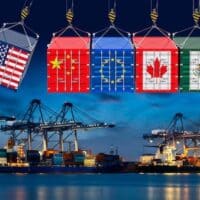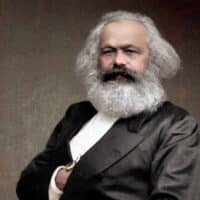-
From media darling to persona non grata: Greta Thunberg’s journey
Once the favored child of the establishment, Greta Thunberg has been dropped by the global elite.
-
An enduring myth about capitalism
THERE are of course many myths about capitalism spun by economists. One of these myths spun by David Ricardo has endured for over two centuries. Ricardo had originally been an enthusiastic supporter of the introduction of machinery, dismissive of the argument by workers’ organisations of his time that it gave rise to unemployment.
-
Global war on labor: Report says workers’ rights in freefall as right-wing power grows
Around the world, workers’ rights are in “freefall,” with the Trump administration in the lead of a global far-right alliance that’s waging a “global war on labor rights.”
-
ESSAY: ‘The Intellectual Origins of Imperialism and Zionism’, Edward Said, 1977
The zionist terrorist entity does not act alone. Over the 600 days of the genocide of the Palestinians, the United States has shipped 800 planeloads, carrying more than 90,000 tons of missiles, bombs, and military equipment, to the zionist entity.
-
Economics and the concept of progress
THE mercantilists had defined a nation’s prosperity in terms of the amount of precious metals it possessed and a nation’s progress in terms of the increase in its amount of precious metals.
-
Getting to Medicare for All
There are a million ways to slice and dice both a universal Medicare plan and also the transition, which will pose real problems. However, it is important any plan be comprehensive. That doesn’t mean it has to cover the plastic surgery needed to give people the Mar-a-Lago look, but it does need to cover areas like dental, vision, and hearing, which are excluded from traditional Medicare.
-
Hundreds of millions are dying of hunger: The Twenty-Second Newsletter (2025)
Enough food is produced to meet the needs of 11 billion people. Why do so many of the 8 billion people on the planet go hungry?
-
A Lenin for the 21st century
“The Meaning of Lenin for the 21st Century: Comments to German Comrades” is Paul Le Blanc’s individual contribution to MarxIs’Muss Kongress 2025, to be held in Berlin from 29 May to 1 June 2025.
-
The Havoc caused by Say’s Law
JEAN-BAPTISTE Say, a French economist who wrote in the late eighteenth century, had formulated a law to the effect that ‘supply creates its own demand’, which meant that there could never be an inadequate demand for the aggregate of goods produced in any economy.
-
The United States and the Bretton Woods Twins
With President Donald Trump and his team launching an aggressive attack on international institutions and threatening to pull out from many of them, there has been speculation about whether they would adopt the same strategy with respect to the Bretton Woods institutions.
-
Summer-like slug of heat pushes across much of North America
Temperatures hit 100°F in northern Minnesota, 112°F in Texas, and 115°F in Mexico.
-
A language of blood has gripped our world: The Twentieth Newsletter (2025)
Sudan’s forgotten civil war has killed at least 150,000 and displaced nearly 13 million. Understanding its political details is key to tracing the causes and potential solutions to the conflict.
-
Black Mirror still absorbs
The latest season of Charlie Brooker’s dystopian hit series Black Mirror reflects a world shattered by capitalism, argues Lucy Nichols.
-
150 years since the Critique of the Gotha Programme
The Critique was in a short letter written by Marx 150 years ago. In 2025, it remains just as clear and relevant to understanding communism as the alternative to capitalism.
-
Tariffs on medications will make America sick
We might soon see the Trump Administration impose tariffs on pharmaceuticals. U.S. patients will suffer.
-
Absurd (scary) CO2 emissions
In a major blow to the Paris ’15 climate agreement, last year witnessed one more nail in the coffin of the celebrated agreement to slow down CO2emissions by 2030, as CO2, for the first time in modern history, enters the scientifically established danger zone.
-
World military spending explodes
Every dollar added to the world’s military budgets takes us closer to a potentially apocalyptic scenario of world war.
-
The Fall of Saigon, 1975: Fifty Years of Repeating What Was Forgotten
Part 1. On the Courage to Remember The first demonstration I ever went on was at the age of twelve, against the Vietnam War. The first formal history lesson I received came a few months later, when I commenced high school. That day the old history master, Mr. Griffiths, chalked what I later learned was […]
-
The Trump Tariffs and the U.S. Labor Movement
A cornerstone of Donald Trump’s economic policies is tariffs. Claiming that just about every country in the world has ripped off the United States—even stating that the European Union was established to do this—he sees tariffs as a way for the U.S. to get even.
-
Marx’s ontology: A clarification
Marx’s theory of being is fundamental to his wider approach to history and politics, explains John Rees.


